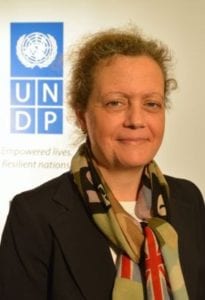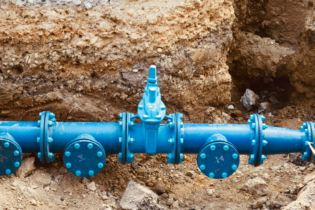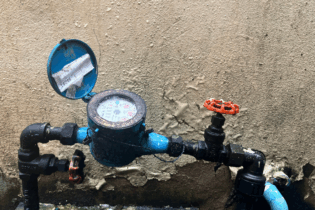A new agreement on the United Nations, Sustainable Development Goals (SDGs) will have broad implications for most universal processes, from economic development to energy governance, peace building, trade and biodiversity.
In an opinion piece published as part of MediaplanetUSA’s “Global Water Crisis” campaign Paloma Durán, Sustainable Development Goals Director said that one critical resource that underlies these development objectives is the simple concept of water or access to water. “Access to water is essential to the full enjoyment of life and all human rights. Safe drinking water, however, has become a scarce and often limited resource.”Privilege or right?
According to Durán globally an estimated 748 million people are still relying on unsafe drinking water. While drinking a glass of clean water should never be considered a privilege, in many parts of the world it seems to be. In addition to the estimated 5 000 children who die due to preventable water and sanitation related diseases each day, an estimated 2.5 billion people have no access to hygienic sanitation facilities and half of those have no sanitation facilities at all. “While there has been some progress on the water issue in the last few years, much more must be done.“We know from a recent UN MDG Summary report that more than 2.3 billion more people gained access to improved sources of drinking water between 1990 and 2012, which is encouraging but far from acceptable,” she explained.






